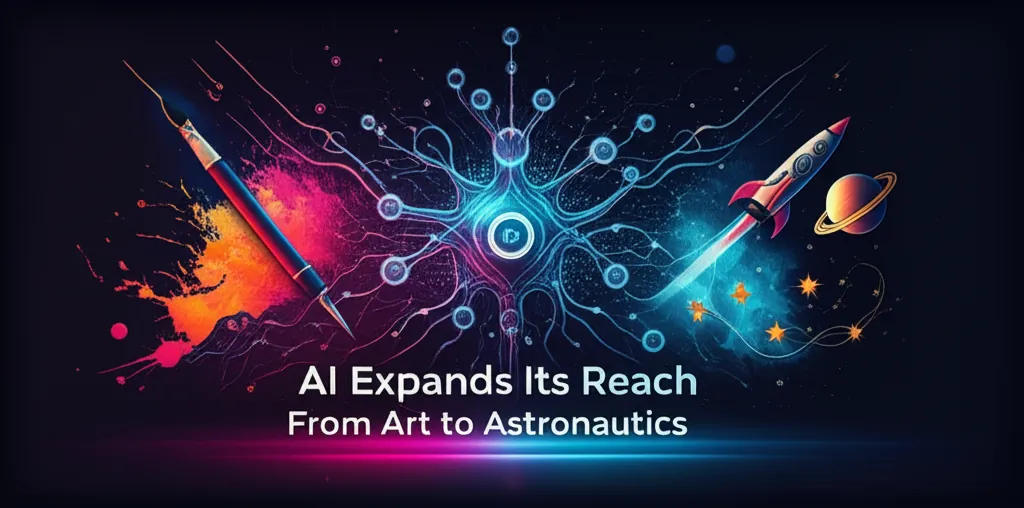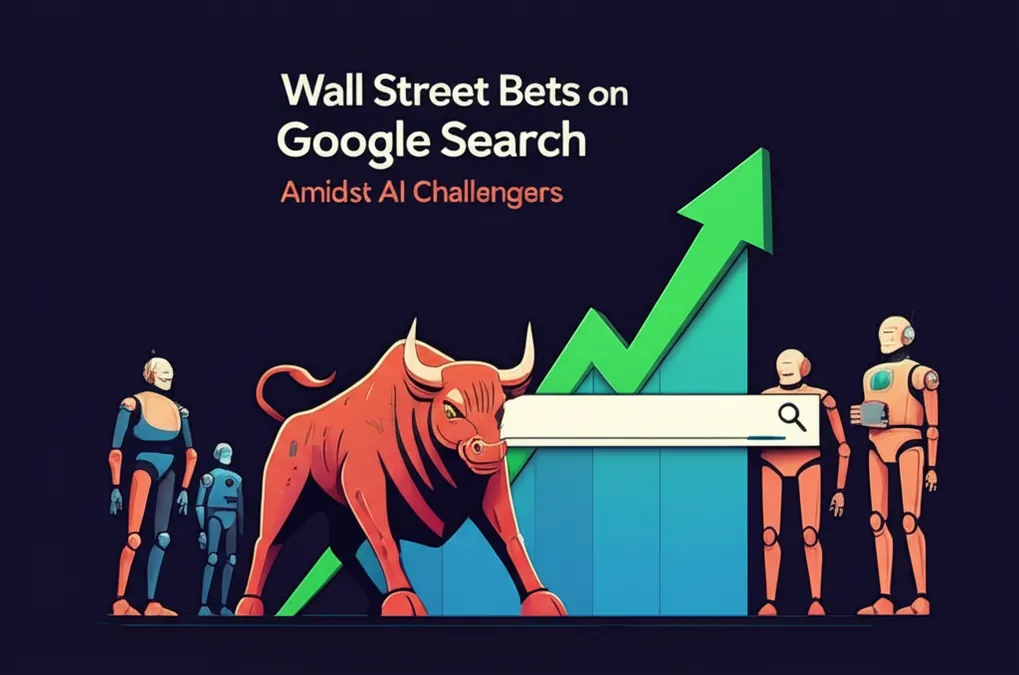Developer Offer
Try ImaginePro API with 50 Free Credits
Build and ship AI-powered visuals with Midjourney, Flux, and more — free credits refresh every month.
How AI is Reshaping Education for Gen Z
Why do your own homework when a robot can do it for you?
It seems nearly every Gen Z student is asking that question, as AI becomes an indispensable tool for getting through school. According to a new ScholarshipOwl survey of over 12,000 students, a startling 97% admit to using tools like ChatGPT for their academic work. The trend starts even before they arrive on campus, with more than one in five admitting they used AI to write college or scholarship application essays.

The Numbers Don't Lie: AI's Pervasive Role in School
The use of AI in education isn't just a niche behavior; it's a widespread phenomenon. The survey revealed just how deeply these tools are integrated into students' lives:
- Class Essays: 31% have used AI to write them.
- Homework Answers: 35% use it to find solutions.
- Studying: 66% rely on it for study help.
- Test Prep: 56% use it to prepare for exams.
- Note-Taking: 46% have turned to AI for organizing notes.
What was once unequivocally called “cheating” is now a common practice, just a browser tab away.
From Cheating to Standard Workflow: A Student's Perspective
“Honestly, I’ve never met a student who doesn’t use AI or has never used AI to cheat on an assignment,” said Roy Lee, a former Columbia University student who admitted he used ChatGPT to write around 80% of his college essays. “AI is just part of the student workflow now.”
Lee, 21, was later suspended from Columbia for creating a tool designed to cheat in job interviews, which prompted him to co-found Cluely, a startup that boldly claims to help users “cheat on everything.”
The Expert's Dilemma: Efficiency vs. Learning
Not everyone sees this trend in black-and-white terms. “I think using AI to work more efficiently and to learn concepts is perfectly fine,” Dr. Thomas Lancaster, an academic integrity expert at Imperial College London, explained. The crucial distinction, he noted, is the outcome. “(But) if using AI means you’re not learning anything during the process, it’s probably unfair.”

The Student's AI Toolkit
ChatGPT is the clear frontrunner, with 80% of students using it. However, they aren't relying on a single platform. Many students are using a combination of tools like Quizlet, Grammarly, Brainly, and Google Gemini. Some even report juggling up to six tools at once, creating a powerful stack to research, write, and complete assignments with minimal personal effort.
And Gen Z isn't shy about it.
Going Viral: When AI Use Becomes a Public Spectacle
A viral video of a UCLA graduate flashing his laptop with ChatGPT open during his graduation ceremony garnered nearly 90 million views and swift backlash. “Our generation of doctors is doomed,” one user commented. Another remarked, “If ChatGPT is why you graduated, ChatGPT has already taken your job. You just haven’t realized it yet.”

This trend has become social media content. In one TikTok with seven million views, a student laments her frustration when the AI gives wrong answers and she's nearing her free usage limit. The comments revealed the commonality of the experience, with one user joking, “At this point I have like 85 Google accounts to switch for more free answers.”

The Unseen Consequences: Is AI Making Students Lazier?
Critics argue this over-reliance is causing real harm. An MIT study found that students who used ChatGPT for essay writing exhibited the lowest brain activity and became progressively lazier, often resorting to copying entire responses without engagement. This concern is echoed online, where one Reddit user warned, “I’ve seen high schoolers completely unable to write an essay without ChatGPT.”

A Glimpse into the Future of Admissions
While the debate rages, some experts believe the educational system itself needs to adapt. Richard Clark, an expert on college admissions at Georgia Tech, suggests that the burden isn't solely on the students. He is hopeful that this trend will force a necessary evolution in how students are evaluated.
“Frankly, I’m hopeful AI marks the death of the admission and scholarship essay,” Clark said. “Nobody loves the essay. And more schools that want to hear a student’s voice will soon let them actually speak it — through video, audio, and tech that doesn’t just test writing but highlights who they are.”
Compare Plans & Pricing
Find the plan that matches your workload and unlock full access to ImaginePro.
| Plan | Price | Highlights |
|---|---|---|
| Standard | $8 / month |
|
| Premium | $20 / month |
|
Need custom terms? Talk to us to tailor credits, rate limits, or deployment options.
View All Pricing Details

